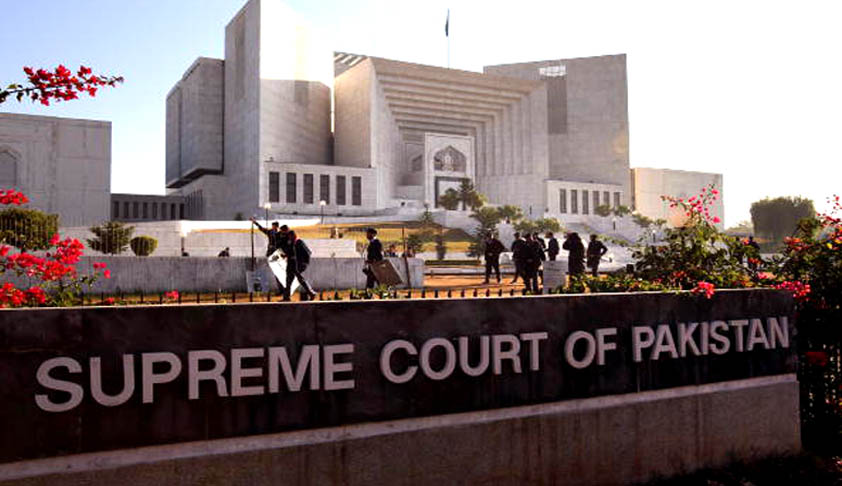17 Member Bench of Pak SC upholds establishment of Military Courts for Terrorism Cases
Apoorva Mandhani
5 Aug 2015 7:20 PM IST

Next Story
5 Aug 2015 7:20 PM IST
A 17 member Bench of the Supreme Court of Pakistan, in a majority 11-6 vote, has upheld the establishment of the controversial special military courts in the country for speedy trial of terrorists.The Bench, headed by Chief Justice Nasirul Mulk dismissed several identical petitions against the 21st constitutional amendment by the Parliament which set up the military courts, which were alleged...
